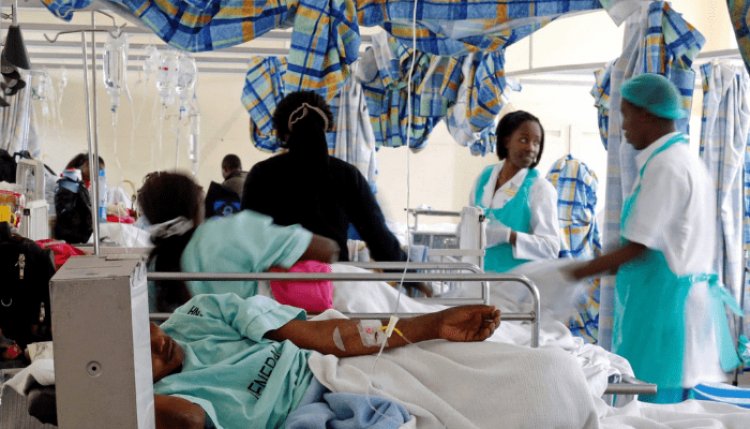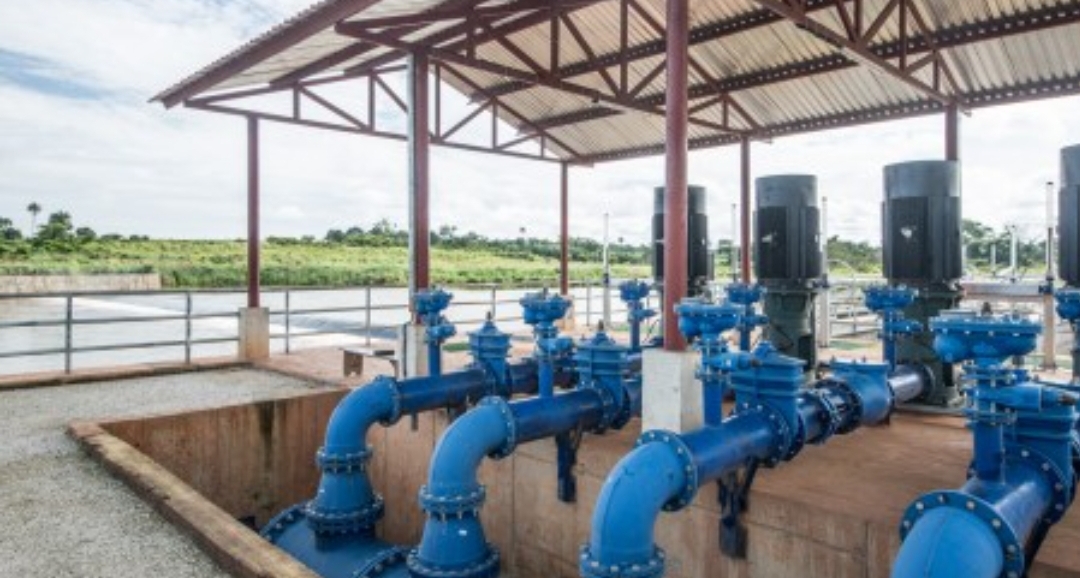The National Agency for Food and Drug Administration and Control (NAFDAC) has unveiled a new regulatory framework mandating bioequivalence (BE) studies for all generic medicines in Nigeria.
The NAFDAC Director General, Prof. Mojisola Christianah Adeyeye, said the new requirement ensures that generic drugs provide the same therapeutic effect as their branded counterparts.
“Bioequivalence is not just a scientific term—it is a commitment to quality, safety, and efficacy. It assures the public that generic medicines will work just as well as the original brands they replace,” she said.
Adeyeye disclosed this at a press briefing in Lagos on Thursday.
She further explained that BE studies evaluate how a generic medicine is absorbed and distributed in the body compared to the original (innovator) drug. The scientific data from these studies support the safe substitution of generics in medical treatments.
Bioequivalence measures how closely different drugs trigger the desired biochemical and clinical outcomes.
According to Adeyeye, NAFDAC is introducing the framework through a phased implementation, prioritising essential medicines such as antimalarial, antibiotics, and maternal and child health products.
The NAFDAC boss recognised that only a small percentage of drugs currently meet the new standards, but noted that the industry is already responding positively, with local manufacturers submitting BE study reports in increasing numbers.
“We are not expecting 100 percent compliance overnight, but we are firm in our direction. The industry is responding,” she said.
However, NAFDAC has issued comprehensive regulations and guidelines for the pharmaceutical industry, accessible on its official website in support of the transition.
They outline requirements for Contract Research Organisations (CROs) and invest in training programmes for regulatory staff, healthcare professionals, researchers, and industry stakeholders to ensure smooth implementation.
The agency has also engaged with international manufacturers, particularly in India, to ensure imported products meet Nigeria’s new regulatory standards.
“Any product coming into this country must meet our standards. If you’re importing to Nigeria, you must provide bioequivalence data,” said the NAFDAC boss.
The agency further reiterated its warning that Nigerians should desist from buying medicines from unlicensed sources such as kiosks and roadside vendors.
“Do not buy drugs from unknown sources. When you buy from a certified pharmacy, we can trace the product through the receipt and hold suppliers accountable,” she stated.












